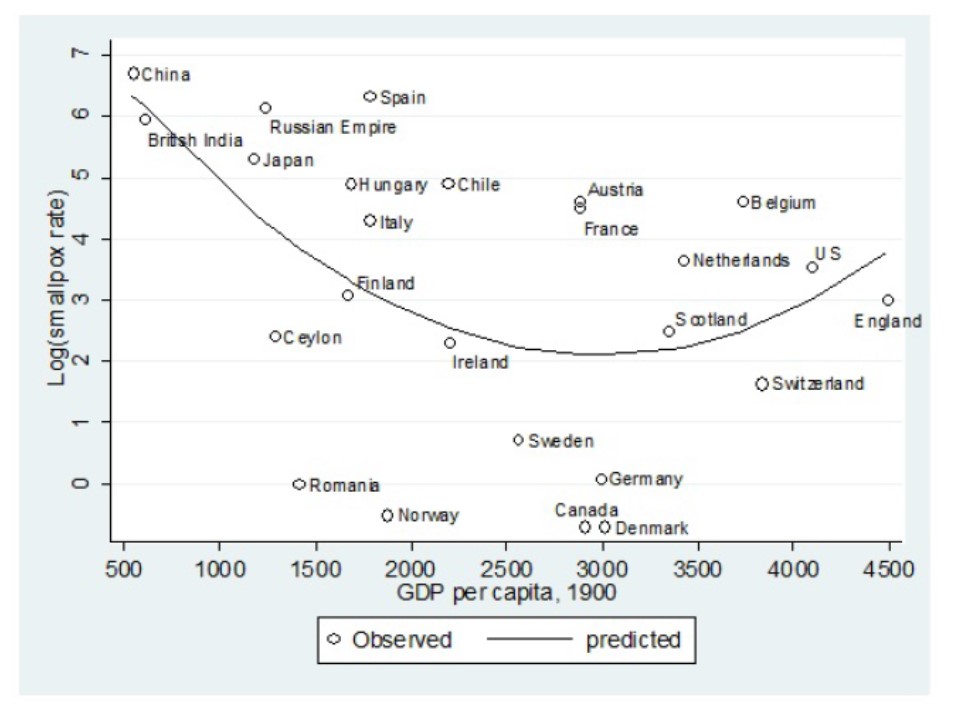We have a number of excellent talks scheduled for this term that should be of interest to our majors. Indiana University appears to be well represented. Each of these talks is at 4:30 in Wriston Auditorium.
Thursday, February 16, 4:30 p.m., Wriston Auditorium
Deal (with) the Burn: The Political Economy of U.S. Wildfire Management.
Dean Lueck
Ostrom Workshop and Department of Economics
Indiana University
Friday, February 17, 4:30 p.m. Wriston Auditorium (Senior Experience speaker)
Seven Secrets of Germany: Economic Resilience in an Era of Global Turbulence
David Audretsch
School of Public and Environmental Affairs
Indiana University
Thursday, March 2, 4:30 p.m. Wriston Auditorium (Cancelled)
The Brazil Economy in Transition: Beliefs, Leadership, and Institutional Change
Lee Alston
Ostrom Workshop and Department of Economics
Indiana University
Alston’s NBER paper is here, accessible on LU campus.

 John Maynard Keynes is the father of modern macroeconomics, and Keynesian economics and the welfare state have been inextricably linked in the public mind since the postwar era. Indeed, he is widely believed to have provided the analytical, economic underpinnings for the welfare state. Bradley Bateman, a recognized scholar of Keynsian thought, examines Keynes’s contributions with the backdrop of the recent financial calamities and the widespread fiscal crises of state and national governments.
John Maynard Keynes is the father of modern macroeconomics, and Keynesian economics and the welfare state have been inextricably linked in the public mind since the postwar era. Indeed, he is widely believed to have provided the analytical, economic underpinnings for the welfare state. Bradley Bateman, a recognized scholar of Keynsian thought, examines Keynes’s contributions with the backdrop of the recent financial calamities and the widespread fiscal crises of state and national governments.